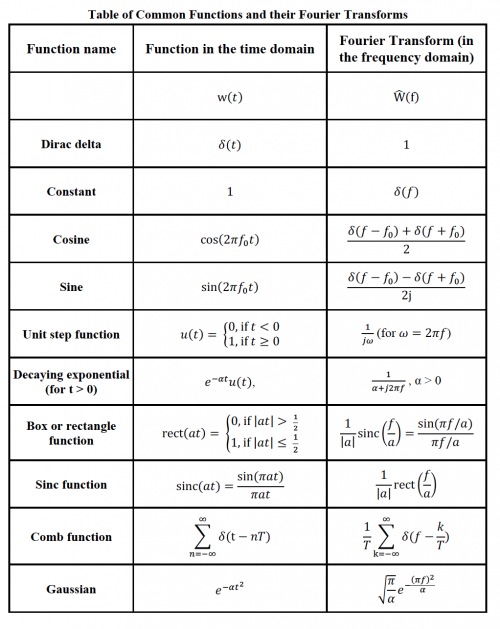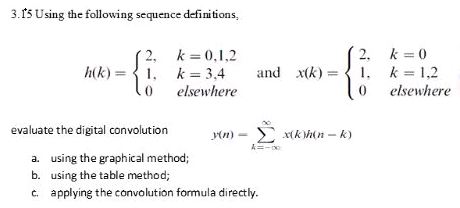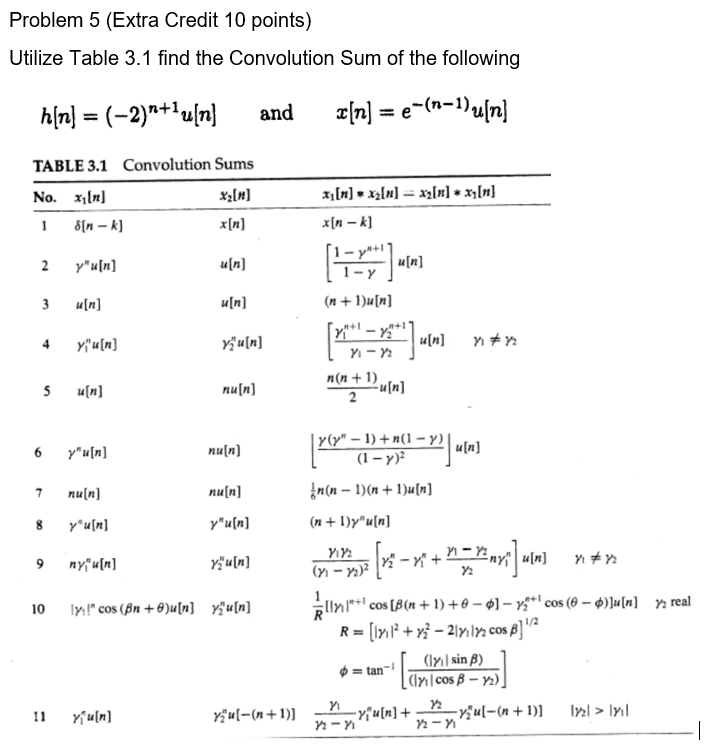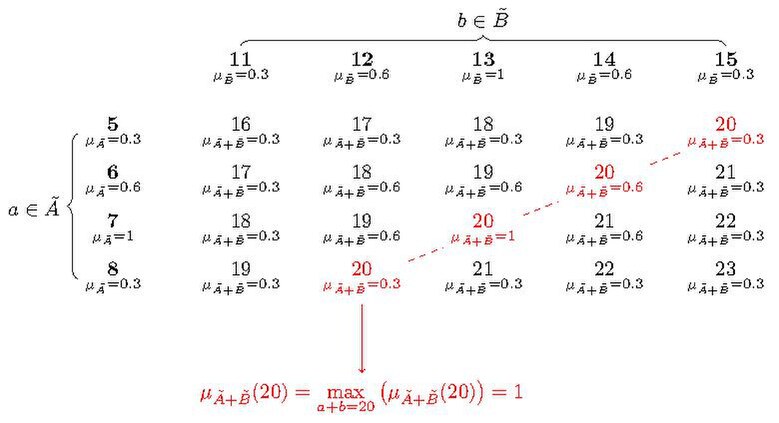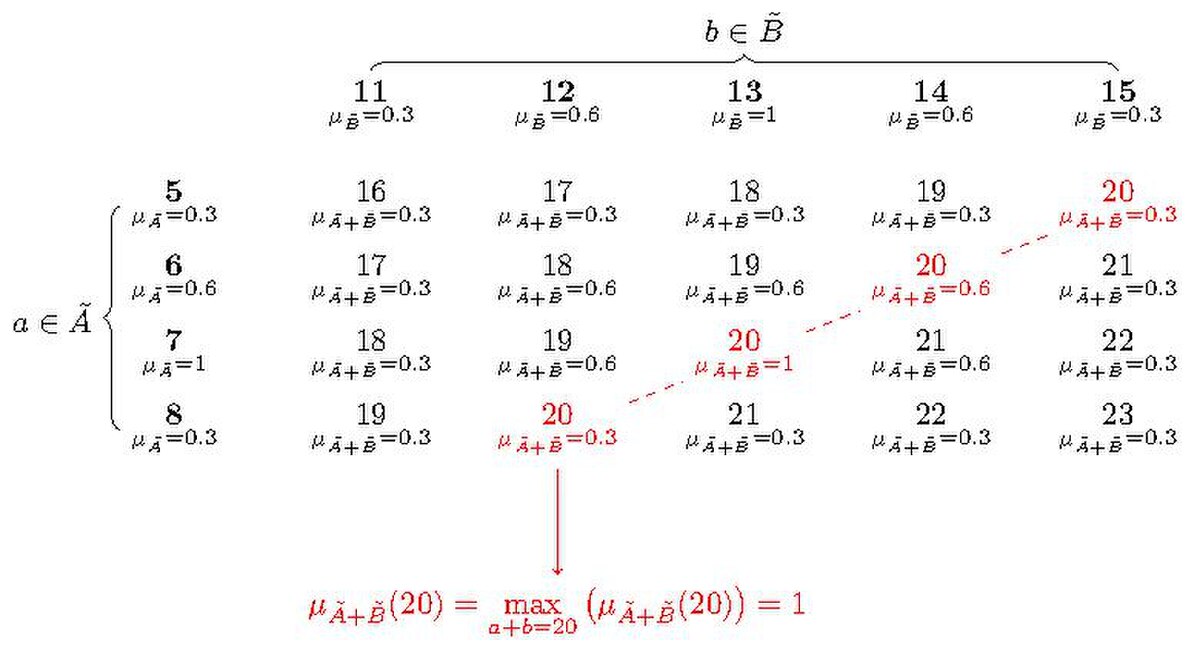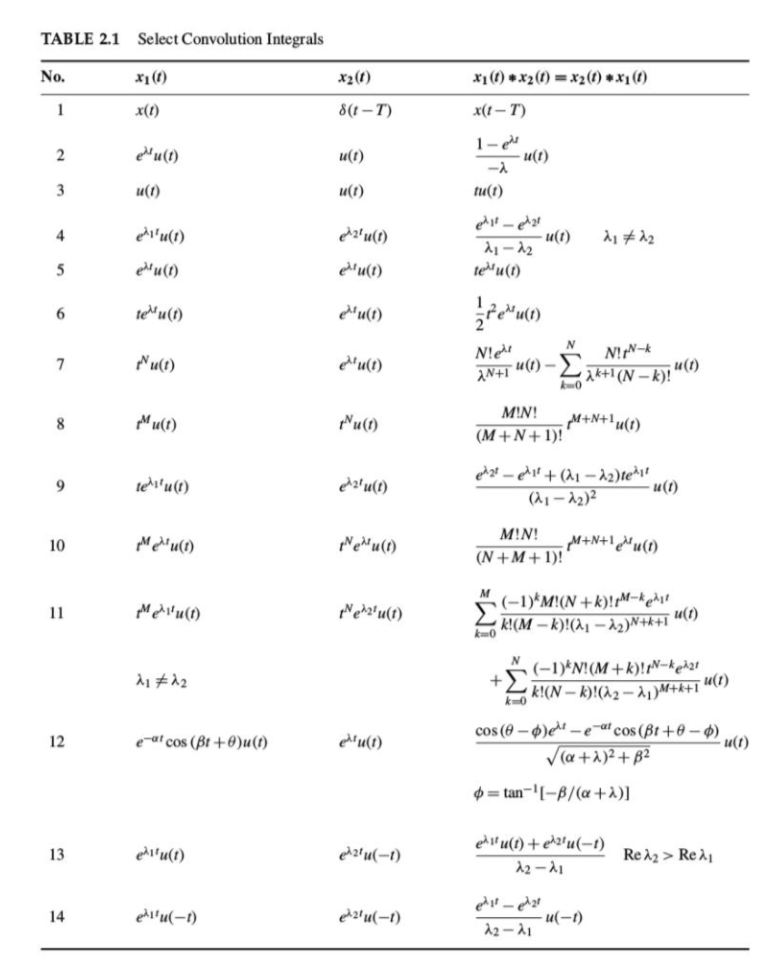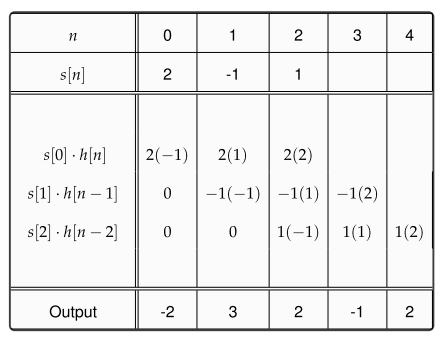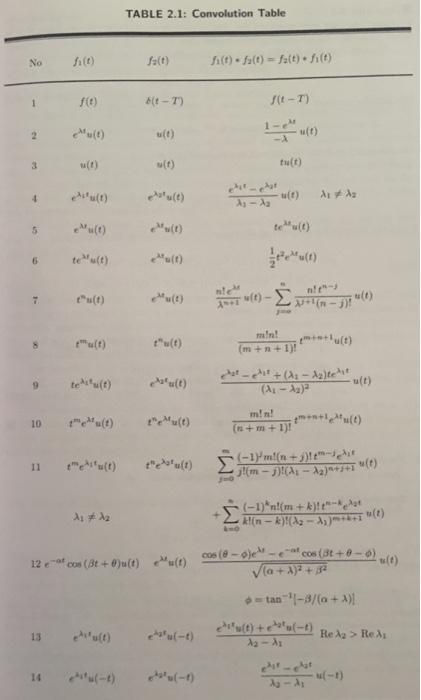
Table 3.1 from ITERATIVE SINC-CONVOLUTION METHOD FOR SOLVING RADIOSITY EQUATION IN COMPUTER GRAPHICS | Semantic Scholar
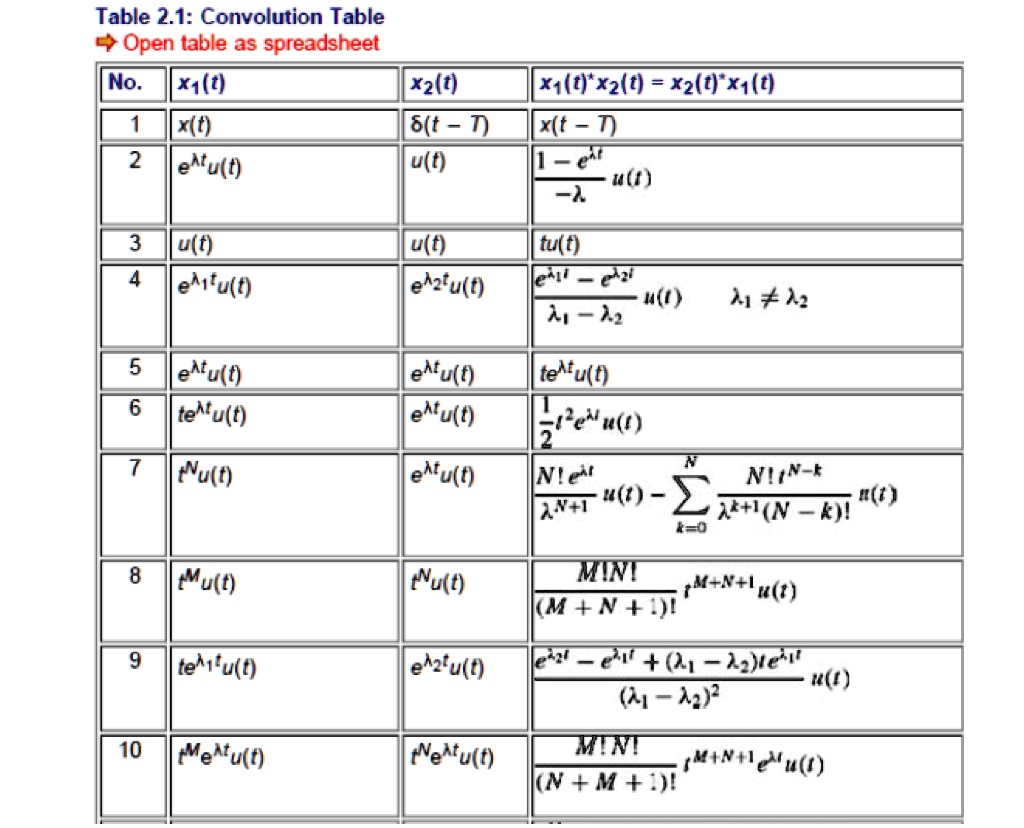
SOLVED: Table 2.1: Convolution Table Open table as spreadsheet No. X1(t) x2(t) x(t) 6(t n e"u(t) u(t) Xi(t) x2(t) = x2(t) x4(t) xlt - n M(I) ut) e Fu(t) u(t) enz*u(t) tult)
![SOLVED: 5.#20Find convolution of following signals (No convolution table allowed x[n]=(3-n+2u[n+3]and h[n]=3(n-22n-3u[n-4] SOLVED: 5.#20Find convolution of following signals (No convolution table allowed x[n]=(3-n+2u[n+3]and h[n]=3(n-22n-3u[n-4]](https://cdn.numerade.com/ask_images/6d0e5e03a5a3416ebe424a2dc75824d6.jpg)
SOLVED: 5.#20Find convolution of following signals (No convolution table allowed x[n]=(3-n+2u[n+3]and h[n]=3(n-22n-3u[n-4]
![Solved) - Find the (zero-state) response y[n] of an LTID system if its input... (1 Answer) | Transtutors Solved) - Find the (zero-state) response y[n] of an LTID system if its input... (1 Answer) | Transtutors](https://files.transtutors.com/book/qimg/060eb35e-fda8-4414-bf69-c6be0c480176.png)
Solved) - Find the (zero-state) response y[n] of an LTID system if its input... (1 Answer) | Transtutors
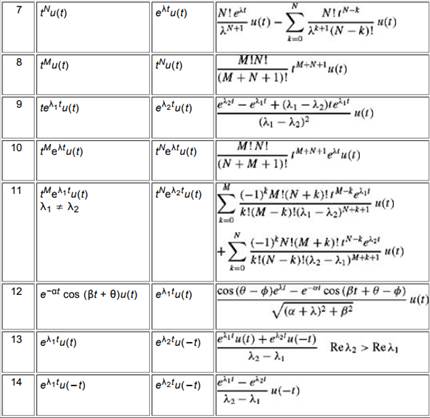
Solved) - Repeat Prob. 2.4-7 for Problem 2.4-7 The unit impulse response of... (1 Answer) | Transtutors
shows a convolution table containing the pixel located at coordinate... | Download Scientific Diagram

Conv Table Transform pairs 2 .pdf - TABLE 2.1 Convolution Table 2.4 System Response to External Input: Zero-State Response 177 NO- x1 t x2 | Course Hero

Computation of Convolutions and Discrete Fourier Transforms by Polynomial Transforms | Semantic Scholar

Table 1 from Multiplication Symmetric Convolution Property for Discrete Trigonometric Transforms | Semantic Scholar

